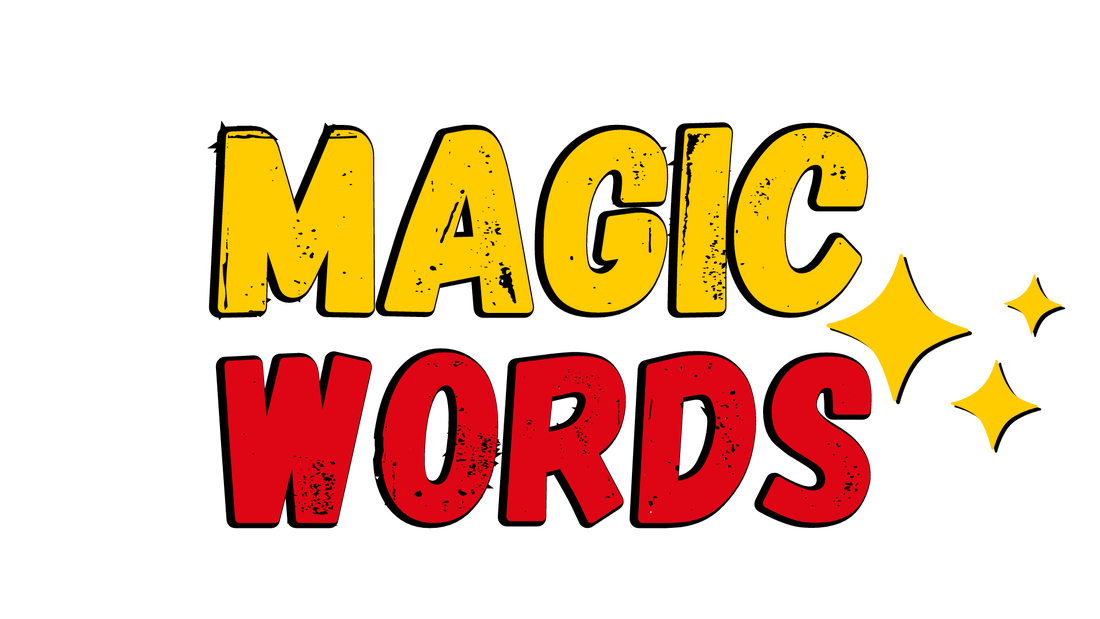|
"Adopt the pace of nature: her secret is patience." — Ralph Waldo Emerson People often credit me with having incredible patience. Perhaps it was taught to me during my years as a balloon sculptor making balloon animals for a zoo of screaming, crying, demanding, and ungrateful children; and then having each and every balloon pop and then having to start all over again. Perhaps that’s what taught me patience. Or perhaps it was taught to me when I fell in love with a woman and waited eight years to for her to fall in love with me too; and then when we finally got engaged she died a week later. Perhaps that’s what taught me patience. Or it was taught to me when the woman I did marry was unfaithful; and my first thought was ‘I would feel terrible if I was in her shoes,’ and then my first words were ‘I forgive you.’ Perhaps that’s what taught me patience. Or perhaps it’s the culmination of all of these experiences and the countless others that have tested my patience over time. After all, can we really consider ourselves patient if we’ve nothing to be patient about? For that matter, can we ever claim to have any quality of character if we never have opportunities to practice and express them?
In my experience there are two secrets to cultivating patience: 1) Empathy, and 2) Getting busy doing something else. For empathy, the strategy is similar to my approach to love: recognize that other people are us in disguise, and then pretend that we’re secretly in love with them. Just as we would like others to judge us not by the results of our actions but rather by the intent of our hearts, we would do well to give others the benefit of the doubt rather than the presumption of intended harm. After all, we’re all only human, and even when we make mistakes it must be noted that mistakes by definition are not intended. Empathy goes a long way in this regard. Likewise, pretending that we are secretly in love with others short-circuits our often-instinctual reaction to lose patience, and instead encourages us to go easy on others. As for getting busy doing something else, whenever there’s something that I really want but for whatever reason it just isn’t readily available, I simply remove any idea of a timetable. Whatever will be, will be, and worrying about when it’s going to happen won’t speed up the process; in fact, if anything, it might even make it seem to take even longer to happen! Or worse, the worry could actually slow us down, making whatever it is truly take even longer than it should have. The strategy here is to simply start: start with where you are, start with one thing, and start making positive changes. In October of 2014 I decided that I wanted to go skydiving, by when I began researching the process I discovered that there’s a weight limit for skydiving, and that I was 50 pounds over that weight limit! Instead of getting frustrated, impatient, or simply giving up, I put the idea of skydiving out of my mind for the time being, and I got busy doing something else; specifically, losing weight. Within a matter of months, distracted by the goal of losing weight, I dropped 70 pounds, and in March 0f 2015 I went up in a plane and dove into the sky. It was the biggest thrill of my life! If you’ve never done it, there’s truly nothing else quite like it. It’s an incredible experience. This strategy for practicing patience short-circuits our often-instinctual reaction to become impatient and give up, and instead encourages us to focus on making small incremental but consistent actions to keep us moving forward. REFLECTION What area of your life could use more empathy and consistent action? What can you do today to practice patience.
0 Comments
Leave a Reply. |
FacilitatorJonas Cain, M.Ed. is a storyteller, magician, musician, and facilitator of fascination on a mission to help you experience abiding joy. Magic Words
All
Archives
May 2023
|





